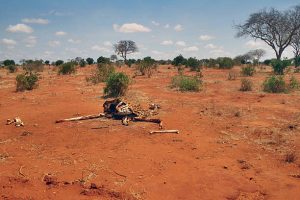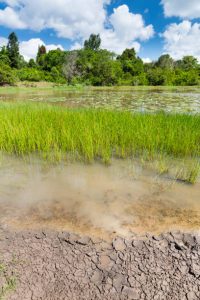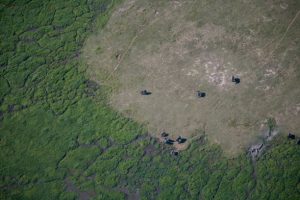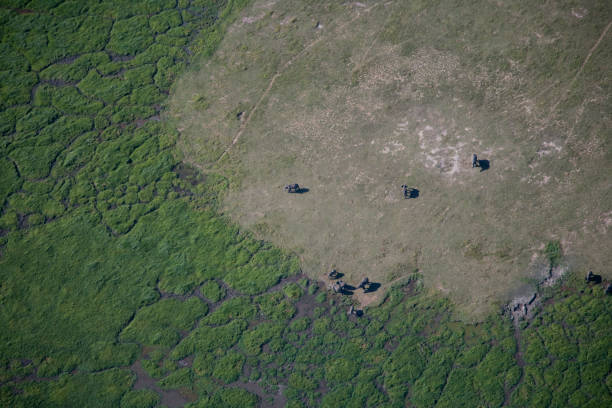 Climate change poses significant challenges to Kenya’s environment, economy, and society, threatening the country’s ecological balance and livelihoods. From erratic weather patterns to rising temperatures and dwindling natural resources, Kenya grapples with the adverse effects of climate change.
Climate change poses significant challenges to Kenya’s environment, economy, and society, threatening the country’s ecological balance and livelihoods. From erratic weather patterns to rising temperatures and dwindling natural resources, Kenya grapples with the adverse effects of climate change.
The Impact of Climate Change on Kenya
1. Environmental Challenges:

Climate change exacerbates environmental challenges in Kenya, including deforestation, soil degradation, and loss of biodiversity. Rising temperatures and changing rainfall patterns contribute to desertification and land degradation, posing threats to agriculture and food security. Increased frequency and intensity of extreme weather events, such as droughts and floods, further strain natural ecosystems and exacerbate vulnerabilities in rural and urban areas.
2. Socio-Economic Impacts:
The socio-economic impacts of climate change in Kenya are far-reaching, affecting livelihoods, health, and socio-political stability. Smallholder farmers, pastoralists, and coastal communities are particularly vulnerable to climate-related shocks, facing crop failures, livestock losses, and displacement. The strain on natural resources and diminishing water sources exacerbate competition and conflict, posing challenges to peace and security in affected regions.
3. Adaptation Strategies:
Kenya has implemented various adaptation strategies to mitigate the impacts of climate change and foster resilience at local, national, and regional levels. These strategies include promoting sustainable agriculture practices, enhancing water management systems, and investing in renewable energy initiatives. Community-based adaptation projects empower local communities to address climate-related challenges, build adaptive capacity, and enhance livelihood resilience.
4. Policy and International Collaboration:
Kenya’s climate change policies and frameworks prioritize mitigation and adaptation efforts to address the country’s vulnerability to climate change. The government has committed to international agreements, such as the Paris Agreement, and works collaboratively with international partners and organizations to mobilize funding, technology transfer, and capacity-building support for climate resilience initiatives.
 In conclusion, climate change poses significant challenges to Kenya’s environment, economy, and society, threatening sustainable development and human well-being. By fostering collaboration, innovation, and community engagement, Kenya is working towards a future where the impacts of climate change are mitigated, and the country’s natural resources and livelihoods are safeguarded for generations to come.
In conclusion, climate change poses significant challenges to Kenya’s environment, economy, and society, threatening sustainable development and human well-being. By fostering collaboration, innovation, and community engagement, Kenya is working towards a future where the impacts of climate change are mitigated, and the country’s natural resources and livelihoods are safeguarded for generations to come.






